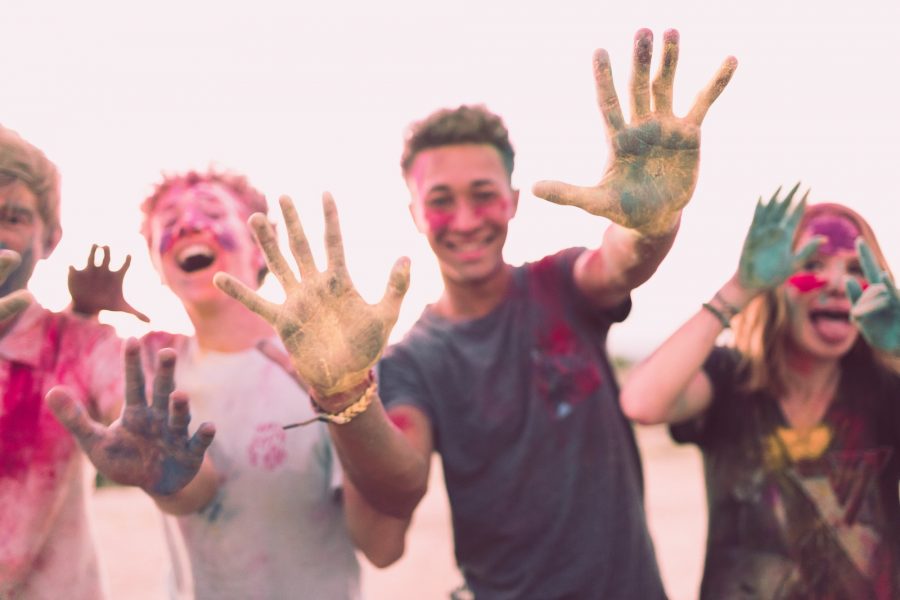Growing up is meant to be one of the very best times in anyone’s life, but it can also be tough. Our childhood has a profound effect on the adults we become.
Challenges Facing Children and Young People Today:
Bullying
Expectations and Peer Pressure
Fears and Trauma
Happiness is all the Rage
Natural Hierarchies are no longer there
Personal and Oral Hygiene
Underdeveloped Emotional Skills
Unhealthy Use of Technology
Hypnosis for children works in a very similar way to how it works with adults.
When our body relaxes comfortably, and the mind is in a calm ‘day dreamy’ state, we enter a light state of hypnotic relaxation.
Children experience this kind of state many times a day quite naturally; whether they are waking from sleep or falling asleep or just becoming absorbed in thought or imaginative play.
In this kind of state, the inner part of our mind is really receptive to positive suggestion and can come up with creative solutions to problems.



